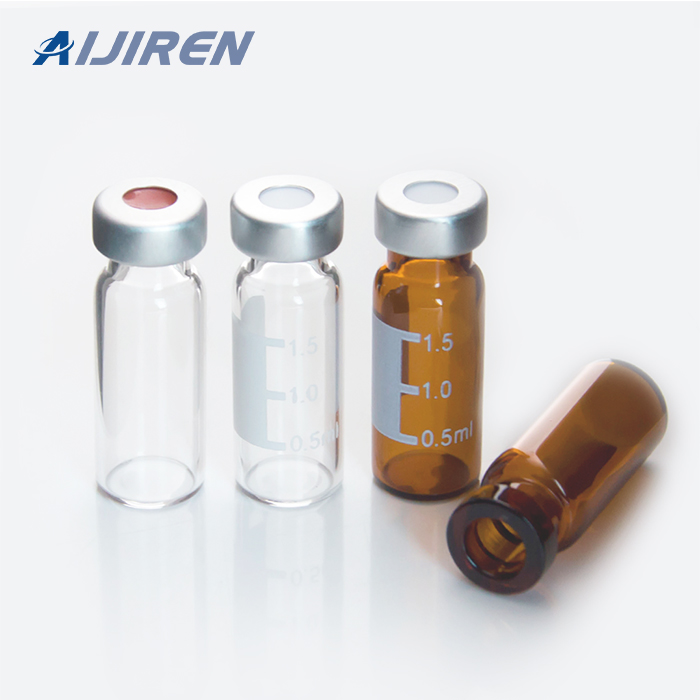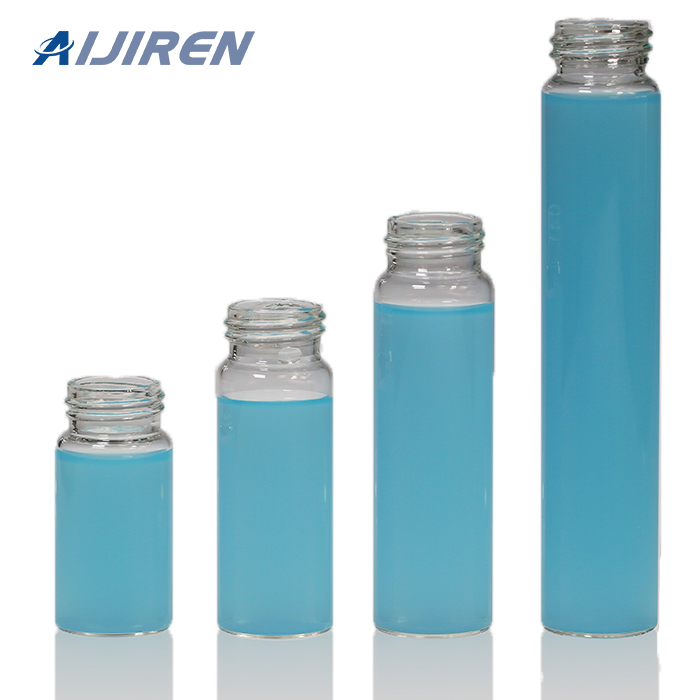
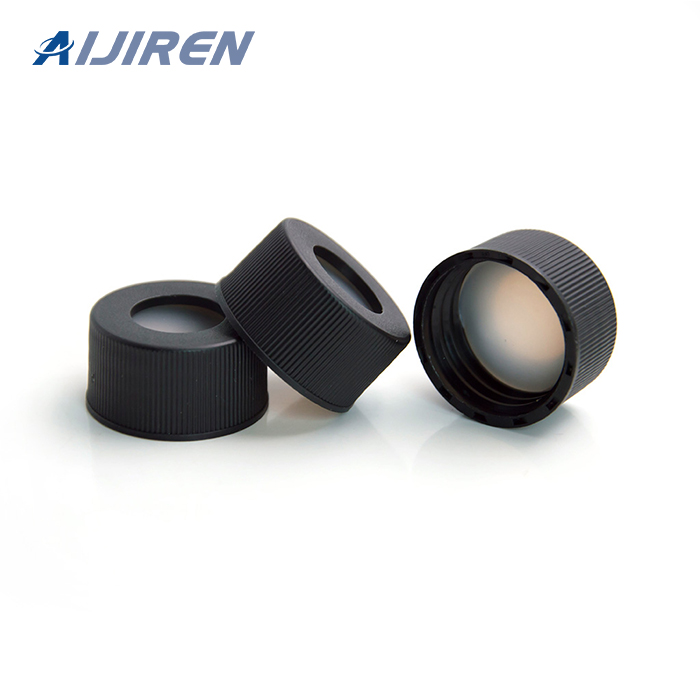
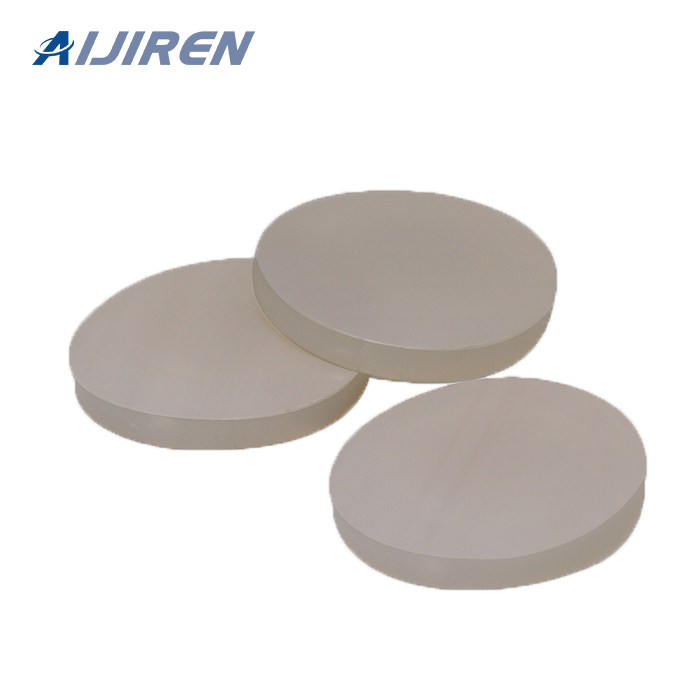






United States Environmental Protection Agency Office of Research and Development Office of Solid Waste and Emergency Response EPA/540/4-91/001 February 1991 ve/EPA Ground-Water Issue SOIL SAMPLING AND ANALYSIS FOR VOLATILE ORGANIC COMPOUNDS T. E. Lewis, A. B. Crockett, R. L. Siegrist, and K. Zarrabi The Regional Superfund Ground Water Fo- rum is a group of ground-water scientists that
Samples can be contaminated by diffusion of volatile organics (particularly fluorocarbons and methylene chloride) through the septum seal into the sample during shipment and storage. A field reagent blank prepared from reagent water and carried through the sampling and handling protocol can serve as a check on such contamination. 3.3
May 20, 2021 · The vial was sealed with a cap having a PTFE/silicone septa. The vial was conditioned at 50 o C for 30 min prior to headspace SPME sampling. Then the SPME syringe was introduced through the septum and exposed to the sample with a headspace for 30 minutes, followed by desorption in the GC inlet at 250 o C.
Sampling Procedures: 1. Obtain the proper sample containers for the VOC or EPA 524, 624, or 8260 method. MTA uses three 40 ml voa vials preserved with HCl. 2. Tap each vial in the upright position to drain the preservative from the cap. DO NOT RINSE VIAL BEFORE COLLECTION. Do not open the vial until ready to collect the sample.
2.2 The sample plug is immediately extruded into a glass vial containing organic-free reagent water. The vial is immediately covered with aluminum foil and a modified septum cap. 2.3 The sealed vial containing the sample is hand-shaken for 10 - 15 sec and the sample is visually examined to ensure that complete dispersion of the sample in the
Jan 27, 2022 · Ethylbenzene, a typical volatile organic compound, has been widely studied in environmental science areas such as water and gasoline , focusing on the determination at the trace level in the matrix. For the purity assessment of volatile organic compounds, Saito [ 19 ] developed a qNMR method to determine chloroethylene, with the sampling
Carefully add 5 drops of the 1:1 HCl provided. The acid will sink to the bottom of the vial and displace 5 drops of sample. 6. Carefully place the cap over the vial. The Teflon side, (shiny side) of the septum will be facing up. Screw cap on securely. Check for air bubbles by inverting the vial and gently tapping the cap.
In an environmental analysis context, the VOC designation, or volatile organic contaminants , generally refers to the analysis of compounds in environmental samples with the following chemical properties:+. Low boiling points (below 200°C) Low vapor pressures. Low-to-medium water solubility. Organic compounds.
The vial was then closed with a cap containing polytetrafluoroethylene (PTFE)-coated rubber septum and kept at 50 °C for 60 min. Headspace gas-chromatographic analysis was performed by manually injecting 1.0 mL of the vial headspace from each sample by means of a 1.5-mL Hamilton gas-tight syringe (temperature kept at 50 °C).
Feb 11, 2014 · Before sampling, label 20-mL glass scintillation vials with PTFE lined caps, one for each sample, and each with a unique sample number. These vials should be empty and dry. Exception: If using PVC or uncoated binderless quartz fiber filters for chrome plating operations, prefill the vials with 5 mL of stabilizing solution (10 percent Na2CO3
5.1 Sampling equipment, for discrete sampling. 5.1.1 Vial—25 mL capacity or larger, equipped with a screw cap with a hole in the center (Pierce #13075 or equivalent). Detergent wash, rinse with tap and distilled water, and dry at 105°C before use. 5.1.2 Septum—Teflon-faced silicone (Pierce #12722 or equivalent). Detergent wash,
NOTE: To schedule sampling, and obtain bottles and other supplies, please contact Michael Trujillo @ 505-383-9030 or Natsaran Gottlieb @ 505-383-9036. Volatile Organic Compounds (VOC) Samples are collected in 40 mL VOC vials, which are supplied by the laboratory. Sample Collection and Preservation with Acid. Collect all samples in duplicate.
Sampling Instructions for VOC Analysis (Volatile Organic Chemical) How to Sample: 1.) The sample must be taken after any treatments and before entry into the distribution system. 2.) Remove any attachments from the tap, such as hoses, filters or aerators. 3.) Flush the water for a couple of minutes or until the water reaches a constant
Screw the cap onto the vial with the Teflon side of cap liner face down, in contact with the water. Roll or shake vial to fully mix ascorbic acid. Carefully uncap vial and add 4 drops of HCL to the vial. NOTE: HCLmay cause burns so use proper eye, hand, and clothing protection. STEP TEN Repeat steps six through nine using the second 40-ml vial. STEP ELEVEN
XAD-2 resin has a higher collection efficiency for volatile PAHs than PUF, as well as a higher retention efficiency. However, PUF cartridges are easier to handle in the field and maintain better flow characteristics during sampling. Likewise, PUF has demonstrated its capability in sampling organochlorine pesticides and polychlorinated biphenyls.
Material: USP Type 1, Class A, 33 Borosilicate Glass
Volume: 2ml (standard volume) 1.5ml(actual volume)
Application: HPLC and GC system
Dimensions: 11.6 x 32mm
Neck Diameter: 8mm
Qty/Pack: 100pcs/pack
Payment: T/T
MOQ: 1pack
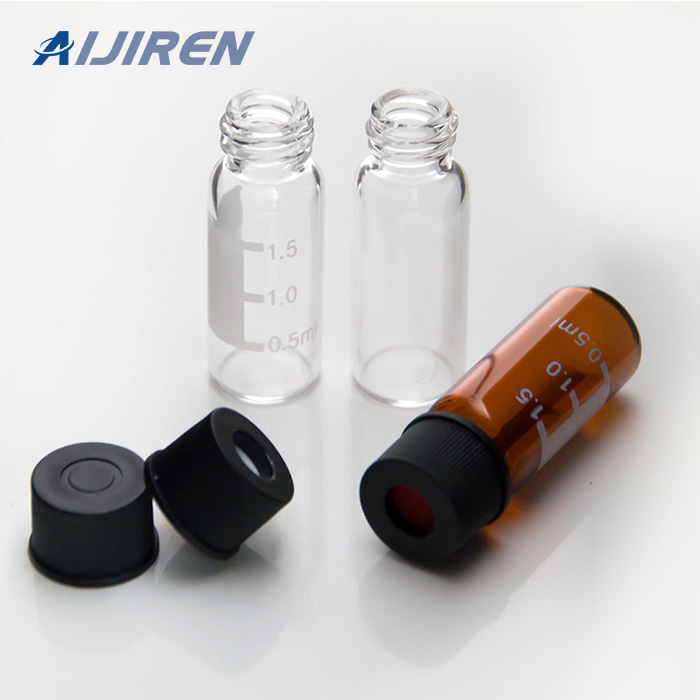
Material: USP Type 1, Class A, 33 Borosilicate Glass
Volume: 2ml (standard volume) 1.5ml(actual volume)
Application: HPLC and GC system
Dimensions: 11.6 x 32mm
Neck Diameter: 9mm
Qty/Pack: 100pcs/pack
Payment: T/T
MOQ: 1pack
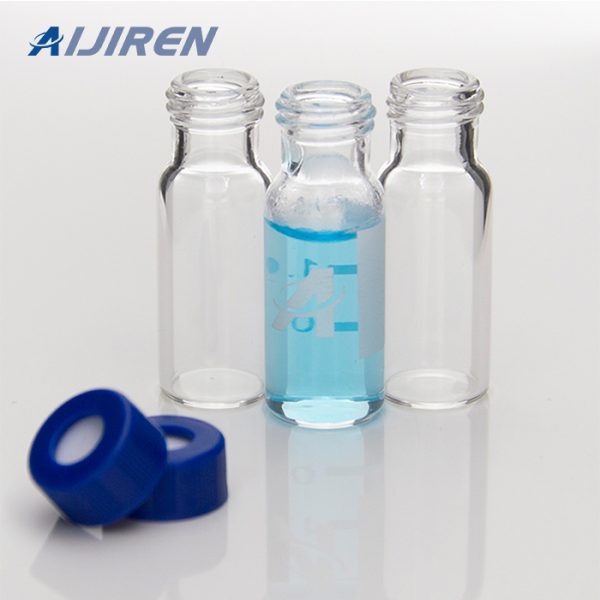
Material: USP Type 1, Class A, 33 Borosilicate Glass
Volume: 2ml (standard volume) 1.5ml(actual volume)
Application: HPLC and GC system
Dimensions: 11.6 x 32mm
Neck Diameter: 10mm
Qty/Pack: 100pcs/pack
Payment: T/T
MOQ: 1pack
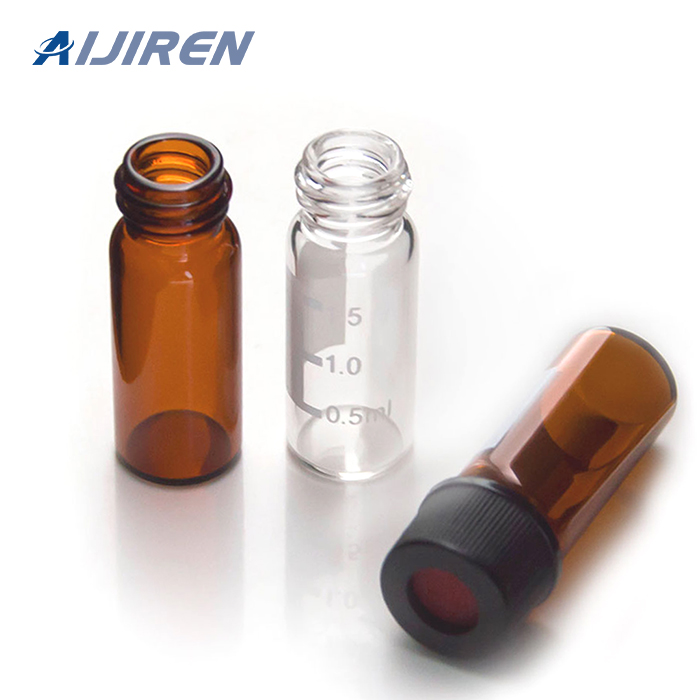
Material: USP Type 1, Class A, 33 Borosilicate Glass
Volume: 2ml (standard volume) 1.5ml(actual volume)
Application: HPLC and GC system
Dimensions: 11.6 x 32mm
Neck Diameter: 11mm
Qty/Pack: 100pcs/pack
Payment: T/T
MOQ: 1pack
